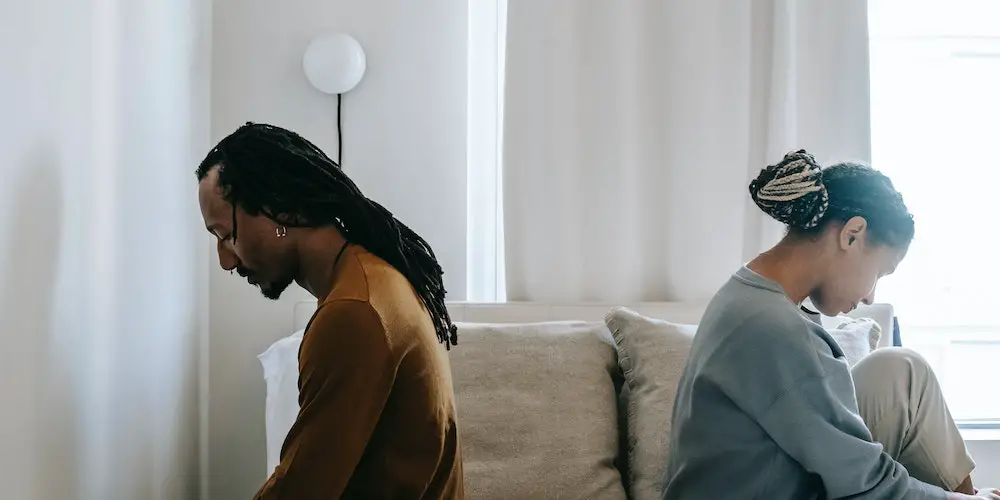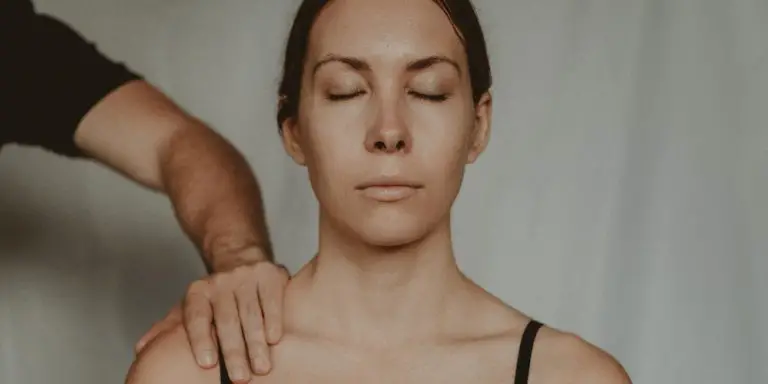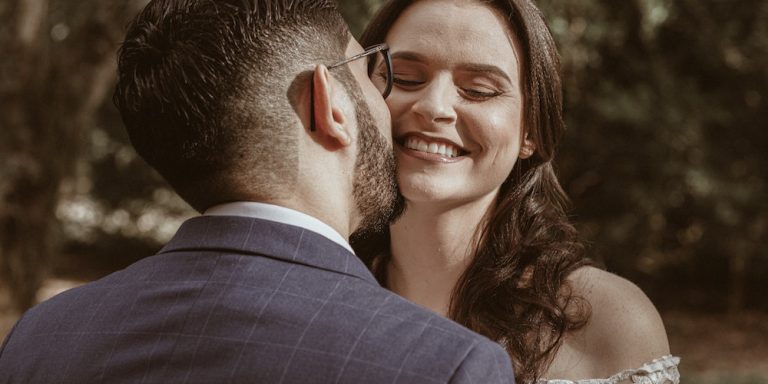In this article, we’ll talk about how to stop losing yourself in relationships.

Introduction
In the intricate dance of relationships, it’s easy to lose sight of who we are as individuals.
While love and companionship are undeniably essential aspects of life, it’s equally vital to preserve our sense of self.
This guide will explore the art of maintaining your identity while fostering a meaningful connection with your partner.
Let’s delve into the world of “How to Stop Losing Yourself in Relationships.”
How to Stop Losing Yourself in Relationships

At the heart of every successful relationship lies the ability to balance individuality with togetherness. It’s not about sacrificing who you are for the sake of love but rather finding harmony between your personal identity and your partnership. Here are the key aspects to consider:
1. Self-Reflection: Understanding Your Identity
Before diving into a relationship, take time to explore and understand your own identity. What are your values, interests, and life goals? Knowing yourself is the foundation upon which a healthy partnership can thrive.
2. Communication: Express Your Needs
Effective communication is the cornerstone of any successful relationship. Express your needs, desires, and boundaries clearly and honestly. This ensures that your individuality is respected and acknowledged by your partner.
3. Pursue Personal Passions
Don’t neglect your hobbies and passions when you’re in a relationship. Continue to pursue the activities that make you feel fulfilled and bring joy into your life. This not only maintains your sense of self but also adds richness to your partnership.
4. Set Boundaries
Establishing boundaries is crucial to prevent yourself from getting lost in a relationship. Boundaries create a safe space for both you and your partner to express yourselves without fear of losing your individuality.
5. Spend Quality Time Alone
Allocate time for solitude and self-reflection. These moments of solitude can help you reconnect with your inner self and recharge, making you a better partner in the long run.
6. Mutual Growth
Healthy relationships should promote personal growth for both individuals. Encourage each other to pursue self-improvement, education, and new experiences. Growing together can strengthen your bond while preserving your identities.
7. Seek Support When Needed
If you find yourself struggling to maintain your identity in a relationship, don’t hesitate to seek professional help. A therapist or counselor can provide guidance on navigating these challenges.
8. Empathy and Understanding
Empathy plays a vital role in maintaining your individuality within a relationship. It’s essential to understand that your partner may also be going through similar challenges. By empathizing with their feelings and experiences, you can create a supportive environment that fosters both personal growth and a stronger bond.
9. Prioritize Self-Care
Self-care isn’t selfish; it’s a necessity. Make self-care a priority in your daily routine. Whether it’s meditation, exercise, or simply reading a book, taking care of your physical and emotional well-being is crucial for preserving your identity.
10. Share Your Goals
In addition to setting individual goals, share your aspirations with your partner. This not only keeps them in the loop about your personal growth but also invites them to be part of your journey. Mutual support can be incredibly motivating.
11. Learn from Past Relationships
Reflect on your past relationships and experiences. What did you learn about yourself during those times? Use those lessons to navigate your current relationship more effectively and ensure that you don’t repeat past mistakes.
12. Trust Your Instincts
Your instincts are a powerful tool in maintaining your identity. If something doesn’t feel right in your relationship, trust your gut. Address any concerns or doubts openly and honestly with your partner.
13. Celebrate Differences
Diversity is what makes each of us unique. Celebrate the differences between you and your partner, as these distinctions can enhance your connection. Embrace the opportunity to learn from each other and grow together.
14. Seek Inspiration
Look for inspiration from individuals who have successfully balanced their individuality with a thriving relationship. Their stories and experiences can provide valuable insights and motivation.
15. Adapt and Evolve
As you navigate the complexities of a relationship, remember that adaptation is key. Be open to evolving as an individual while maintaining your core values and identity. Relationships are dynamic, and growth is a natural part of the journey.
Conclusion
“How to Stop Losing Yourself in Relationships” is a journey that requires self-awareness, effective communication, and a commitment to personal growth. By following these guidelines and fostering a healthy balance between your individuality and your relationship, you can create a partnership that is both fulfilling and enduring.
If you’ve found this guide helpful, please consider sharing it with others who may benefit from these insights. Remember, the path to a successful relationship begins with preserving your sense of self.
Frequently Asked Questions
Can I maintain my individuality while being in a committed relationship?
Absolutely! It’s essential to strike a balance between your personal identity and your relationship. Open communication and setting boundaries can help achieve this harmony.
How do I communicate my need for personal space to my partner without hurting their feelings?
Start by expressing your love and appreciation for your partner. Then, gently explain your need for personal space as a way to rejuvenate and maintain a healthy relationship.
Is it normal to feel overwhelmed in a relationship and lose sight of myself?
It’s not uncommon to feel overwhelmed in a relationship, especially if it’s a new experience. Remember that self-awareness and open communication are key to regaining your balance.
What should I do if my partner doesn’t respect my boundaries?
If your partner consistently disrespects your boundaries, it’s crucial to have a candid conversation about how their actions affect you. If the issue persists, consider seeking professional guidance.
Can spending time alone improve my relationship?
Yes, spending quality time alone can enhance your relationship. It allows you to recharge, reflect, and come back to the relationship as a more balanced and self-assured individual.
When should I consider seeking professional help for relationship issues?
If you’re facing persistent challenges in maintaining your identity in a relationship or if it’s affecting your well-being, seeking professional help is a wise decision. A therapist or counselor can provide valuable guidance.



